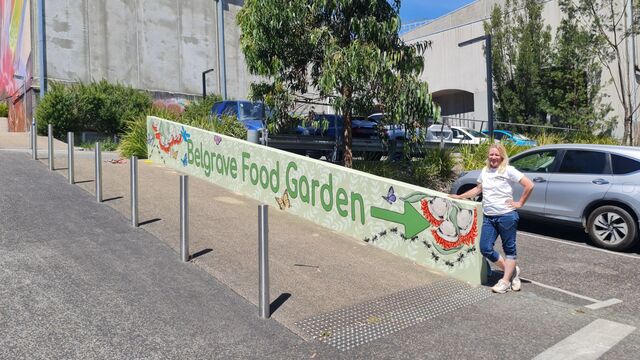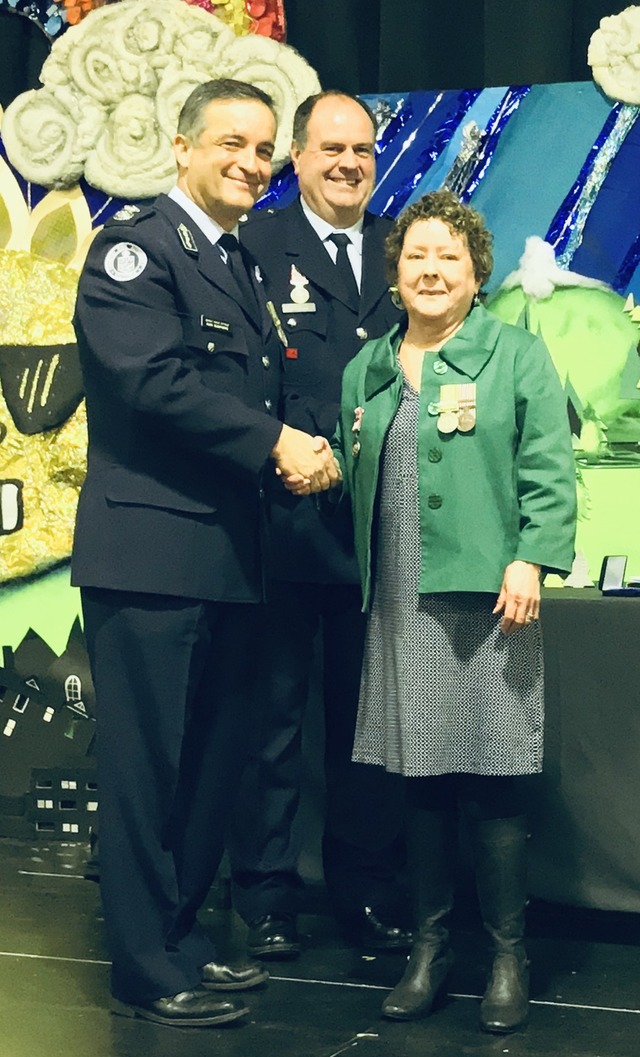Sistersong, by Devon-based author Lucy Holland, is recommended to our readers by Ms Anna Cohn Orchard, Executive Director of Exeter UNESCO City of Literature.
Published in 2021, the book was a finalist to both the British Fantasy Award for Best Novel and the Goldsboro Books Glass Bell Award in 2022.
Holland describes herself as living “in south-west England on the red shores of the Jurassic Coast… a beautiful, mysterious part of the country, steeped in myth and folklore”.
This has helped propelling the author to prominence in genres of history and fantasy, with Sistersong being a representative work.
The book is a lyrical reimagining of the folk ballad “The Twa Sisters”. Dating as far back as the mid-17th century, the song recounts the tale of a girl drowned by her sister. When the murdered girl’s body is found, it is made into a musical instrument, using her bone as a frame and her “golden hair” for strings.
While this may sound macabre, Sistersong is a captivating story set in ancient Devon, of the Britons and their traditional beliefs coming under threat of Christianity and the invading Saxons. Narrated from the perspectives of three sisters, the story combines historical fiction and fantasy and tells of a land of magic.
Riva is King Cador’s first born, a healer who can cure others but is unable to mend her own scars. Keyne, the next, is agile and ambitious; desperate to be seen as the king’s son. And Sinne, the youngest, is naïve but proud, longing for love and adventure,
The three sisters are witnesses to a tumultuous time when people’s traditional lifestyles and worldviews are denounced by Gildas, a Christian priest with considerable influence over the royal court. As the king’s sacred bond with the land gradually diminishes, the kingdom can no longer rely
on magic for protection and prosperity.
The struggles between pagan and Christian beliefs fill some of the most memorable pages of the book, with Myrdhin the magician playing an impressive role as the guardian of the land. The magical and fantastical elements of the story are vividly presented, often reminding this reviewer of the visually spectacular film Avatar.
The complex relationships between the three sisters and the mysterious stranger Tristan form the story’s backbone. All three women rebel against the strict societal expectations placed on them, but Keyne is a particularly outstanding character in her relentless fight against the structures of the patriarchy.
Interestingly, as British historian Owen Davies famously argues, the use of “paganism” as a derogatory term was created by the early Christian Church. “It was a label that Christians applied to others, one of the antitheses that were central to process of Christian self-definition.”
But King Cador’s reasoning also makes sense. A people heavily relying on its old beliefs and ways of life cannot grow or change, as there will be neither new ideas nor new inventions. In this sense, Sistersong is a thought-provoking tale of changing times and values, both individual and societal. Highly recommended.














